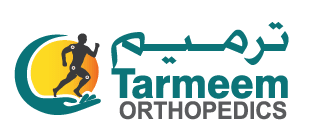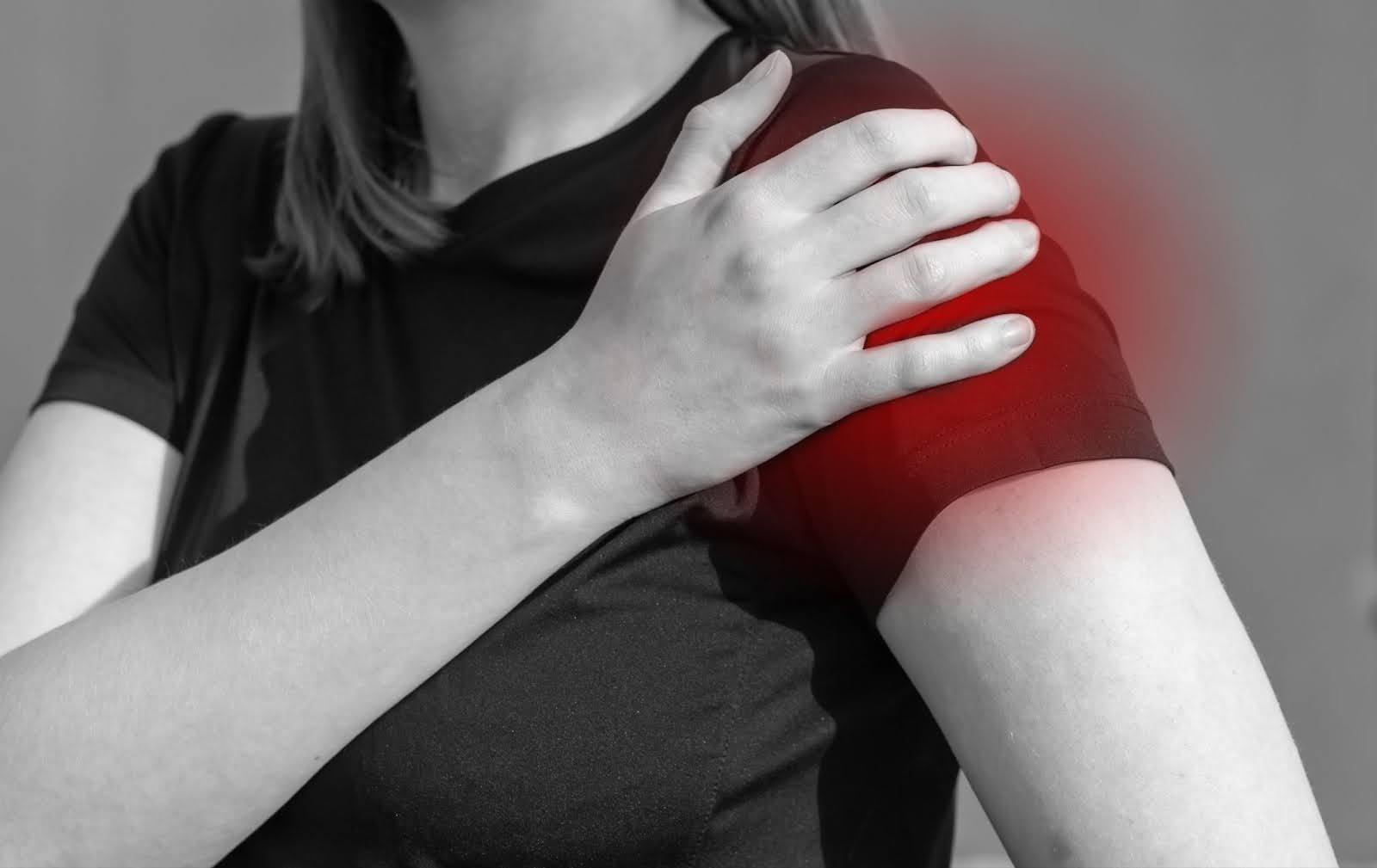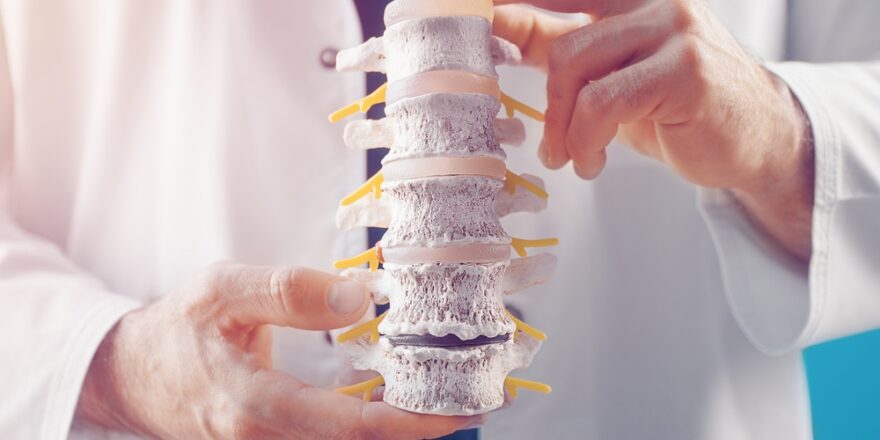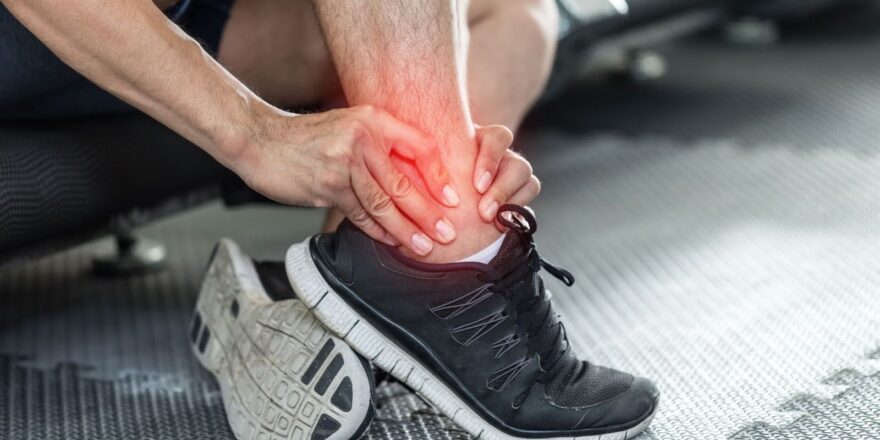The shoulder is one of the most flexible joints in the body, allowing a wide range of movement. However, this flexibility also makes it prone to injuries, especially in the rotator cuff. The rotator cuff is a group of four muscles and tendons that stabilize the shoulder joint and help with arm movements. Rotator cuff injuries are common and can cause pain, weakness, and limited shoulder function.
In this article, we’ll discuss the symptoms, treatments, and recovery options from the best Orthopedic Doctor in Abu Dhabi for rotator cuff injuries.
Understanding Rotator Cuff Injuries
A rotator cuff injury occurs when one or more tendons in the rotator cuff are torn, strained, or irritated. These injuries are usually caused by repetitive shoulder movements, heavy lifting, or sudden trauma. Athletes, especially those who play sports like baseball, tennis, or swimming, are at higher risk, but anyone can suffer from a rotator cuff injury.
a) Tendinitis: This is an inflammation of the tendons in the rotator cuff. It’s often caused by repetitive overhead activities and is common in athletes or people with jobs that require frequent shoulder movement.
b) Tears: A tear occurs when a tendon in the rotator cuff is partially or completely torn. Tears can happen due to acute injuries, like a fall or accident, or as a result of wear and tear over time.
Symptoms of Rotator Cuff Injuries
a) Shoulder Pain: This is often the first sign of a rotator cuff injury. The pain may be dull and deep in the shoulder, and it often worsens with certain movements, especially lifting the arm.
b) Weakness in the Shoulder: Many people with rotator cuff injuries experience weakness in the shoulder, which makes it difficult to lift objects or reach overhead.
c) Limited Range of Motion: Rotator cuff injuries can make it hard to move the shoulder freely. Tasks like brushing your hair or reaching behind your back may become challenging.
d) Pain at Night: Shoulder pain can be especially bothersome at night, making it difficult to find a comfortable sleeping position. This is particularly common with rotator cuff tendinitis.
e) Clicking or Popping Sounds: Some people experience clicking or popping sounds in the shoulder joint when moving the arm. This is usually a sign of tendon irritation or a minor tear.
If you experience any of these symptoms, it’s important to see the best orthopedic doctor near me to get an accurate diagnosis, as ignoring the pain can lead to more severe injuries over time.
Treatment Options for Rotator Cuff Injuries
#1. Rest and Activity Modification
One of the most effective initial treatments for rotator cuff injuries is to rest the shoulder and avoid activities that increase the pain. This allows the injured tendons to heal and prevents further damage. In many cases, rest, avoiding repetitive shoulder movements, and recommendations from an ortho doctor near me can significantly reduce symptoms.
#2. Ice and Heat Therapy
Applying ice packs to the injured shoulder can help reduce inflammation and pain, especially within the first few days after the injury. Once the initial swelling subsides, heat therapy can be beneficial to relax the muscles and improve blood flow, which promotes healing.
#3. Physical Therapy
Physical therapy is often the cornerstone of treatment for rotator cuff injuries. A physical therapist can create a tailored exercise plan to strengthen shoulder muscles, enhance flexibility, and restore movement range. Exercises may include gentle stretches, resistance band exercises, and light weights to target the shoulder’s rotator cuff muscles.
#4. Pain Management with Medications
Pain relievers available over-the-counter, like ibuprofen or acetaminophen, can aid in pain relief and reduce inflammation. In some cases, doctors may prescribe stronger medications or administer corticosteroid injections to provide temporary relief from pain. However, steroid injections are generally used sparingly, as they can weaken tendons over time if overused.
#5. Surgery
If non-surgical treatments don’t improve the symptoms or if there is a large tear in the rotator cuff, surgery at the best Hospital in Abu Dhabi may be necessary.
Recovery and Rehabilitation
#1. Post-Surgery Rehabilitation
If surgery was required, rehabilitation is crucial for a full recovery. Physical therapy usually begins a few weeks after surgery, focusing on gentle movements to regain range of motion and gradually build strength.
#2. Strengthening Exercises
Strengthening exercises play an important role in recovery. These exercises help improve the stability and function of the shoulder joint. They are usually introduced after pain and inflammation have decreased and are continued even after physical therapy sessions end.
#3. Gradual Return to Activities
Resuming regular activities should be done slowly to prevent re-injury. Avoid heavy lifting, repetitive shoulder movements, and overhead tasks until full recovery is reached.
#4. Lifestyle Adjustments
Making certain lifestyle adjustments can help prevent future injuries. This includes using proper techniques during sports or activities, warming up before exercise, and avoiding repetitive overhead movements.
Preventing Rotator Cuff Injuries
While not all rotator cuff injuries can be prevented, there are steps you can take to lower your risk.
a) Strengthen Your Shoulder Muscles: Regularly perform exercises that strengthen the rotator cuff muscles and improve flexibility.
b) Use Proper Techniques: In sports or activities that involve repetitive shoulder movements, using the correct technique can prevent strain.
c) Avoid Overuse: Give your shoulder adequate rest and avoid overworking it, especially if you’re involved in activities that require frequent arm movement.
How Can Tarmeem Orthopedic Hospital in Abu Dhabi Help with Rotator Cuff Injuries?
Tarmeem Orthopedic Hospital in Abu Dhabi is a specialized facility dedicated to advanced orthopedic care, including the treatment of rotator cuff injuries. With a team of highly experienced orthopedic surgeons, physical therapists, and rehabilitation specialists, the hospital in Khalifa City offers comprehensive care tailored to each patient’s needs.
Tarmeem Hospital’s approach includes precise diagnostic tools like MRI and ultrasound imaging, which help in accurately assessing the extent of rotator cuff damage. From conservative treatments like physical therapy and pain management to minimally invasive arthroscopic surgery for severe cases, the best hospital in Abu Dhabi provides all sorts of treatment options.




